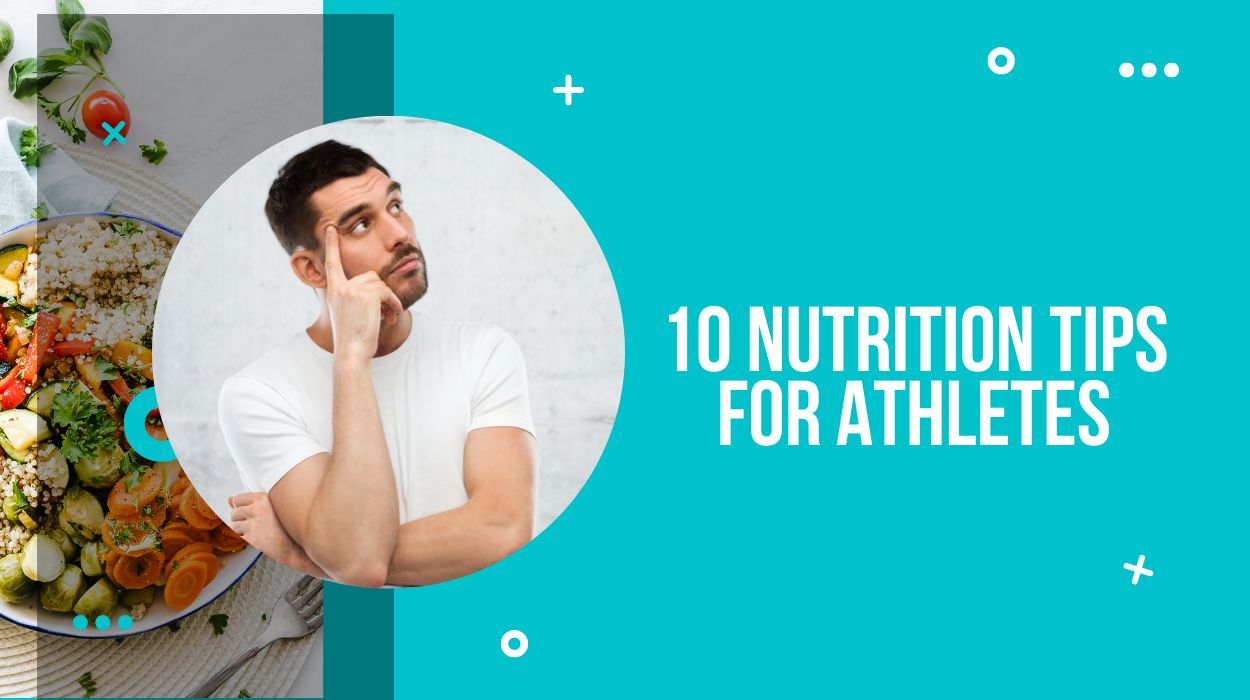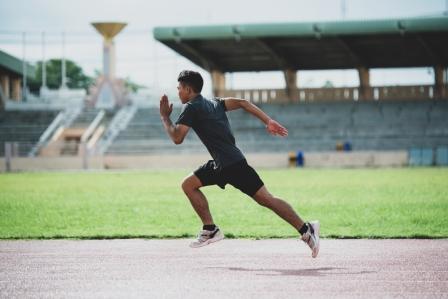The importance of healthy eating cannot be emphasized often enough – especially if you are active in sports. Nevertheless, many athletes often underestimate a healthy and balanced diet for training success and take little seriously. It is a pity because, not least, the choice of the right nutritional modules and products contributes significantly to the achievement of the sporting goals. That’s why from our side, here are some basics in terms of nutrition and sports that you can implement immediately.
10 tips for your diet as an athlete
Pay attention to the comprehensive protein intake role of protein in the building and regeneration of muscles is familiar to most. However, it is wrong to think that a protein-rich meal or a protein shake after training will bring you closer to the goal. Research shows that protein intake after training positively affects regeneration. A protein supply should supplement this throughout the day.
Endurance athletes, for example, need about 1.5g of protein per
day (per kilogram of body weight); strength athletes even need at least 2g. Therefore, our recommendation is to distribute the protein portions evenly throughout the day and incorporate saline foods into morning, lunch, and dinner.
Don’t get out of the way of fat.
The term “fat” is often associated with unwanted body fat, a glaring misunderstanding. A high-fat diet does not automatically lead to more body fat. On the contrary, fats make an important contribution to our fitness and well-being. A fat deficit interferes with our hormone balance, with the result that unloved body fat is built up instead of muscle mass. If possible, stick to unsaturated fatty acids exclusively as possible. Healthy fat suppliers include nuts, fish, or avocado. Fingers should be left with chips, fries, and sweets.
Consume carbohydrates
Carbohydrates are converted into glucose in the body, which provides the necessary energy for very different bodily functions. In intense physical exertion, the body resorts to these energy supplies. To replenish them, a sufficient amount of preferably complex carbohydrates is required. Simple carbohydrates or sugars, which can be quickly converted into energy by the body, should be used for optimal utilization in an immediate training context.
10 Nutrition Tips for Athletes or the Active person
1. Eat enough fruit and vegetables
Many people know the repeated call to eat enough fruits and vegetables from childhood. 200g vegetables and two pieces of fruit should be there every day. Sometimes this can be not easy in our time geared towards fast consumption of finished products. To not have to dispense with the necessary vitamins and minerals completely, special supplements contain a well-dosed multivitamin and mineral complex. They can support adequate care in an emergency.
2. Moderate caffeine consumption is desired
Caffeine, for example, is contained in coffee, tea, and certain energy drinks. In the past, caffeine was one of the illicit drugs. Since 2004, it has been known that smaller amounts have no harmful effect on our health. Caffeine can work small miracles, especially in moments of exhaustion.
3. Use the effect of creatine
This body’s own substance is often offered in powder or tablet form. Especially bodybuilders, weightlifters, and crossfitter stake the supplement. But it’s not just strengthed athletes who appreciate the benefits of creatine. Already the daily intake of 3 – 5g of creatine increases the amount of available ATP (adenosine triphosphate) and creatine phosphate in muscle cells. Creatine also promotes muscle building and improves performance during short-term, high-intensity exercises. With this property, creatine preparations score points in activities where explosiveness and muscle strength are important.
4. Do not renounce important fibers
When it comes to sports nutrition, fiber is usually ignored. The knowledge of their function is correspondingly poor. It is wrong because both an oversupply and an undersupply of fiber negatively impact intestinal activity, energy levels, and general physical condition. If the recommended daily dose of 30 to 40g is regularly exceeded, a high-fiber supplement promises a remedy. For plenty of fiber provide.
5. Try products with fish oil
Although the benefits of high-fat fish are obvious (see above), fish consumption remains relatively low. When you supplement with fish oil, you support your athletic performance and general health.
6. Do not dehydrate!
Everyone knows how important it is to absorb fluid. Still, many remain below their daily target. It should be remembered that intensive athletes should drink between 3 and 4l of water. This also applies to the rest days. Since our body consists of at least 70% water, it seems logical that water influences numerous bodily functions. Ensuring a balanced water balance costs little and brings a lot of benefits.
7. Set the right dietary priorities
A balanced diet plan is key to sporadic success and general well-being. Pay attention to the adequate supply of macronutrients (carbohydrates, fats, proteins) and that micronutrient (vitamins and minerals). Although different supplements’ efficiency is undisputed, the daily diet should consist of healthy and balanced meals. The nutrient requirements (depending on your training workload) should be kept in mind. This includes water absorption.
Our tip: First, you should compile and internalize the basic building blocks of your diet. Only then can and should you deal with the appropriate supplements for you. These should not be a substitute for a healthy diet but should only compensate for any additional needs.




